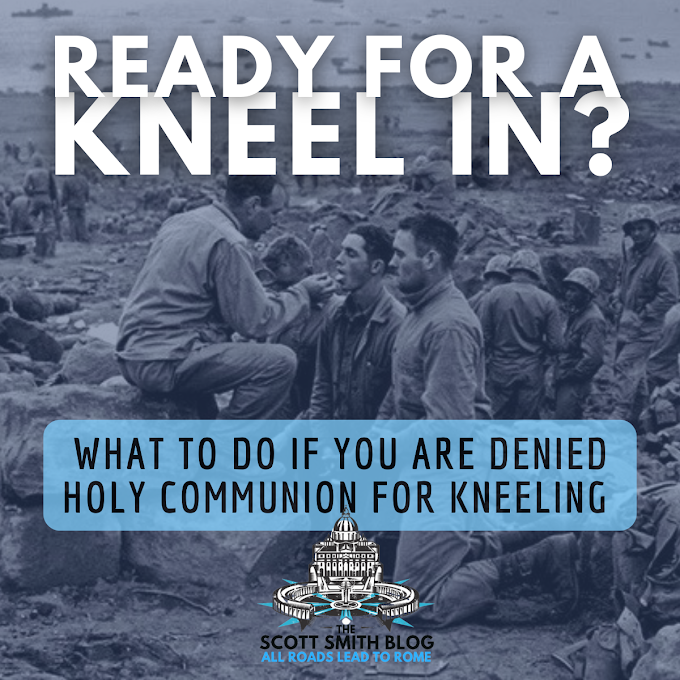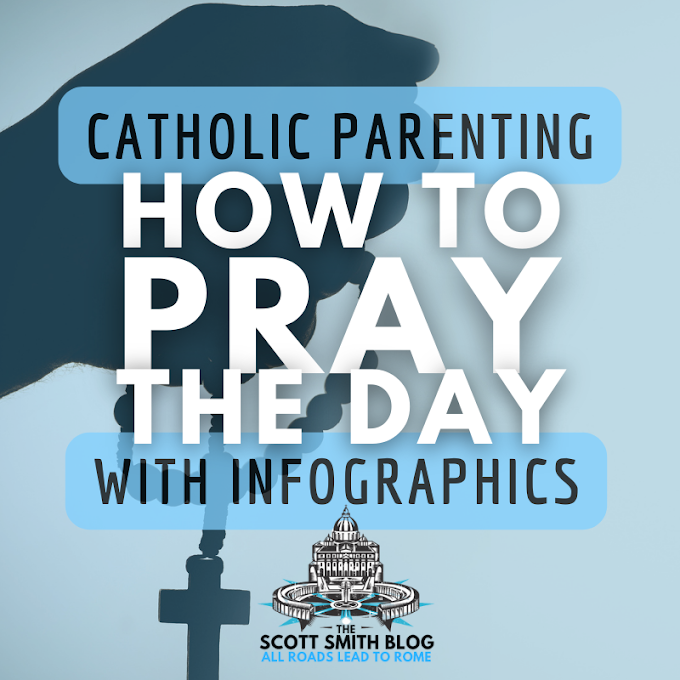It's a sad phenomenon in America. Incense fell out of favor post-Vatican II. Many young Catholics are just now learning about the beauty of thuribles and incense. Meanwhile, older Catholics are turning up their noses, literally. Maybe that would change if we better understood the meaning of incense in the Holy Sacrifice of the Mass.
The Importance of Blood in the Old and New Covenants
Why must we drink the blood of Christ to inherit eternal life? Jesus says at John 6:54, "he who eats my flesh and drinks my blood has eternal life, and I will raise him up at the last day." Why?
Because the Hebrews believed that the life of the animal is in the blood. If you want the life of Jesus in you, you must consume Jesus' blood. That's how we are "raised up at the last day." These are the actual mechanics of the Resurrection.
So what if I told you that incense is the blood of the tree? We will break this down in the article below. But does that give you a whole new insight on incense? And what about all the trees of the Bible -- the Cross, the Tree of Life?
Let's break this down ...
Fr. Boniface Hicks Told Me You Could Read More About All This in His Book on the Mass ...
Fr. Boniface Hicks, OSB on Pints With Aquinas: Incense is the Blood of the Tree
Here is Fr. Boniface Hicks, OSB describing this connection with incense being the "blood of the tree" with Matt Fradd in Pints With Aquinas:
Transcript of Fr. Boniface Hicks, OSB on Pints With Aquinas: Incense is the Blood of the Tree
I have edited this a bit for flow and ease of reading:
I was tipped off by an Australian priest to a Hebrew word from the Song of Songs that I could come back to.
It led me into the world of incense, and it turns out the incense is the blood of the tree. Frankincense and myrrh at least -- I'm sure there's lots of different kinds of incense but frankincense and Murray would certainly have a central place in Catholicism -- are the blood of the tree. It's the sap. Wikipedia says through repeatedly wounding, the tree sap is brought forth. It can then congeal into pellets that are hardened, so it's a beautiful symbol in our liturgical celebrations. It's the wounds, so wounds that have been brought forth and hardened and are useless and dead and odorless then placed by the priest.
It's a Priestly action to impose incense. Placed by the priest on the coal of divine charity, it then is melted and releases a sweet fragrance that's offered in worship. So the priest is the one who takes the wounds of his people under the symbol of incense and places them as on the coal of divine charity and then is able to transform wounds into worship like Christ is the one who transforms wounds into worship.
It's what the cross is and then he extended the transformation mechanism you might say to us through the Mass, which is the perpetuation of his sacrifice continually transforming suffering into love and into prayer.
So back to the Hebrew word. Song of Songs 4:9 is "you have ravished my heart my sister my bride you have ravished my heart with one glance of your eye."
"Ravish my heart" is labab (לָבַב). That word is used in extra biblical literature to describe the stripping of bark from a tree. The bark is the hard outer layer of the tree that protects the tree. Stripping the bark makes it vulnerable, and it exposes the tender phloem layer, which is beneath the bark where the sap runs.
So the bridegroom's heart is made vulnerable by the bride. He lets down his walls, he allows the tender under layer to be exposed, he allows himself to be wounded by her beauty, by by her plight, by her own woundedness, by his desire to to rescue her and serve her, and then he also, so the the priest not only offers the the wounds of the people but his own wounds that have hopefully been brought forth by that kind of vulnerability so trees and incense, and but unlike those unlike the bridegroom our Lord who in you say kind of allows himself to be moved what about the bride who needs that bark scraped off through pain and grace.
There's a phrase in John of the Cross where he talks about the Lord loves us into letting go, and I think that's the right tone. When we are well loved, then we let down the defenses, then we allow our hearts to be stripped.













0 Comments